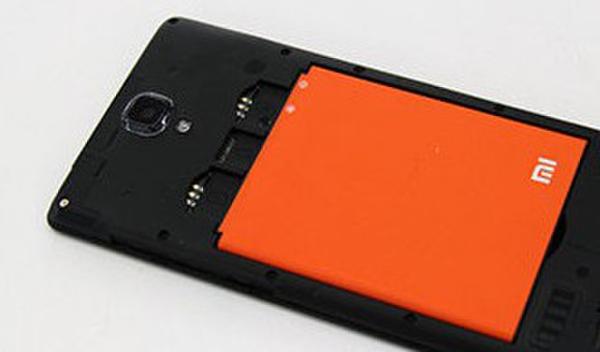According to Beijing Morning Post, a Redmi Note 3 smartphone, bought by a consumer in March 2016, spontaneously combusted while charging on Dec. 21.
据《北京晨报》报道,一位消费者于2016年3月购买的一部红米Note3智能手机在12月21日充电时发生自燃。
A Xiaomi official promised to refund and compensate the consumer on the condition of her signing a confidentiality agreement, prohibiting her from commenting publicly on the event.
小米一位官方人士承诺对其进行退款和赔偿,但是前提是该消费者签署一份保密协议,即禁止她公开对此事进行评论。
The woman, surnamed Zhang, said that the phone started to discharge smoke 10 minutes after it began charging on Dec. 21. It then spontaneously combusted, burning the SIM card and her bed sheets.
这位姓张的女士表示,这部手机于12月21日在充电10分钟后就开始冒烟。而后发生自燃,把她的SIM卡和床单都给烧了。
Zhang added that she used the original charging device and did not know what caused the phone's combustion.
张女士补充说道,她使用的是原装充电器,但是不知道是什么造成了手机自燃。

After several conversations with the Xiaomi's customer service representatives, Zhang was promised a full refund plus an additional 600 RMB($86) as compensation -- just as long as she agreed to sign a confidentiality agreement.
在与小米客服代表进行数次沟通后,张女士获得了全额退款,外加600元人民币(86美元)的赔偿--只要她同意签署一份保密协议。
"The agreement prohibited me from commenting on the event to any media outlets, or on public networks or communication platforms. It was like hush money," said Zhang, who ultimately agreed to sign the agreement.
最终同意签署该协议的张女士说道:“协议要求我不得在任何媒体、公共网络和其它任何传播平台发表此事处理的言论。这哪里像赔偿,简直就是封口费。”
Not long after, however, a Beijing-based lawyer, Zhang Xinnian, argued that the confidentiality clause in the agreement was invalid. The merchant's intention to cover up the complaint goes against relevant provisions of contract law.
然而不久之后,北京一位名叫张新年的律师称,协议中的保密条款无效。厂家的目的是为了掩盖投诉,这有违《合同法》的相关规定。
Zhang also pointed out that, as there are so many Xiaomi smartphones on the market, the Administration for Industry and Commerce must launch a prompt investigation to minimize potential risks, ensuring the legitimate rights and interests of consumers.
张律师还指出,由于市场上存在大量小米智能手机,因此工商部门必须立刻展开调查,将潜在危险降至最低,保证消费者们的合法权益。













